Dracula (David Del Tredici)
David Del Tredici
view composer page

Duration:
Year Written:
1999
Instrumentation:
flute,oboe,clarinet,bassoon,percussion,strings,theremin,soprano solo
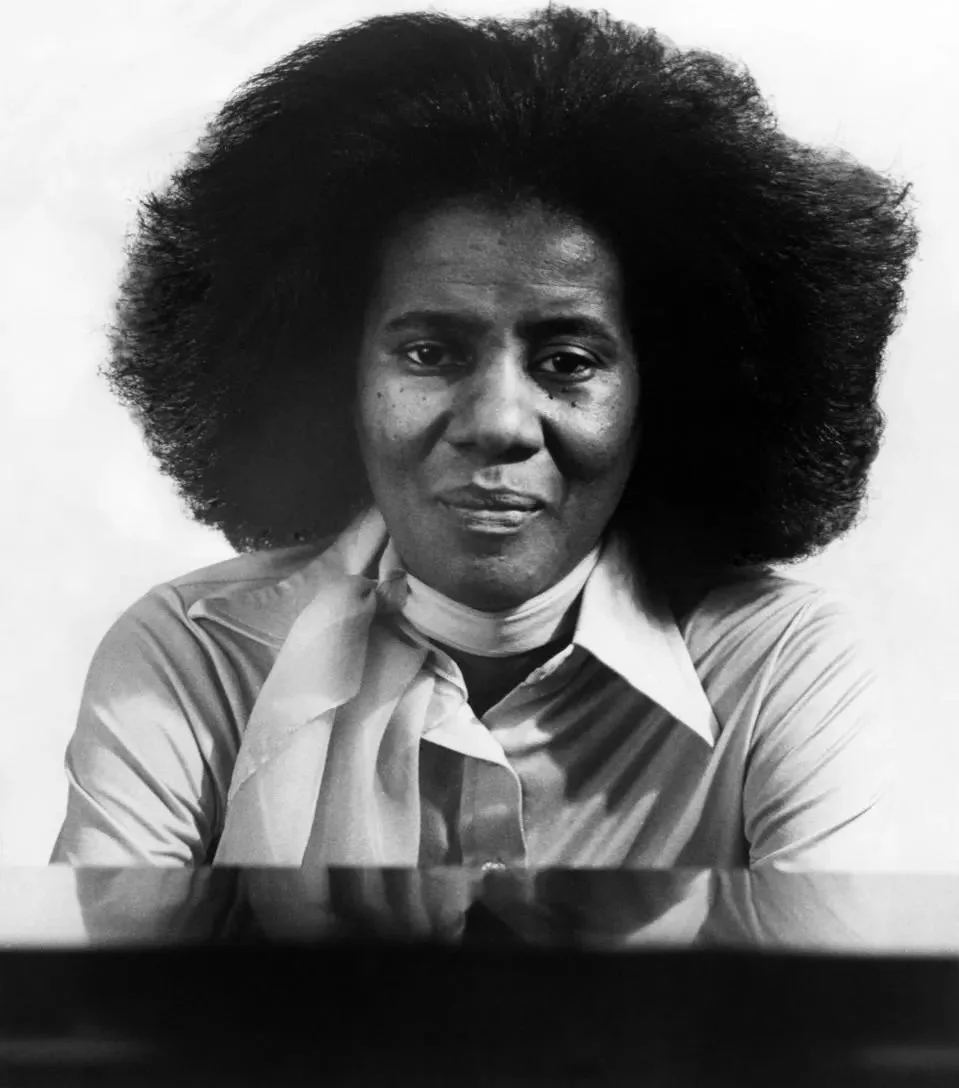
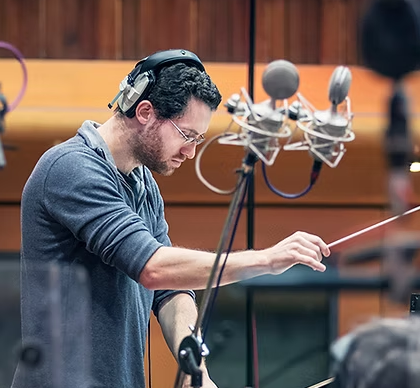

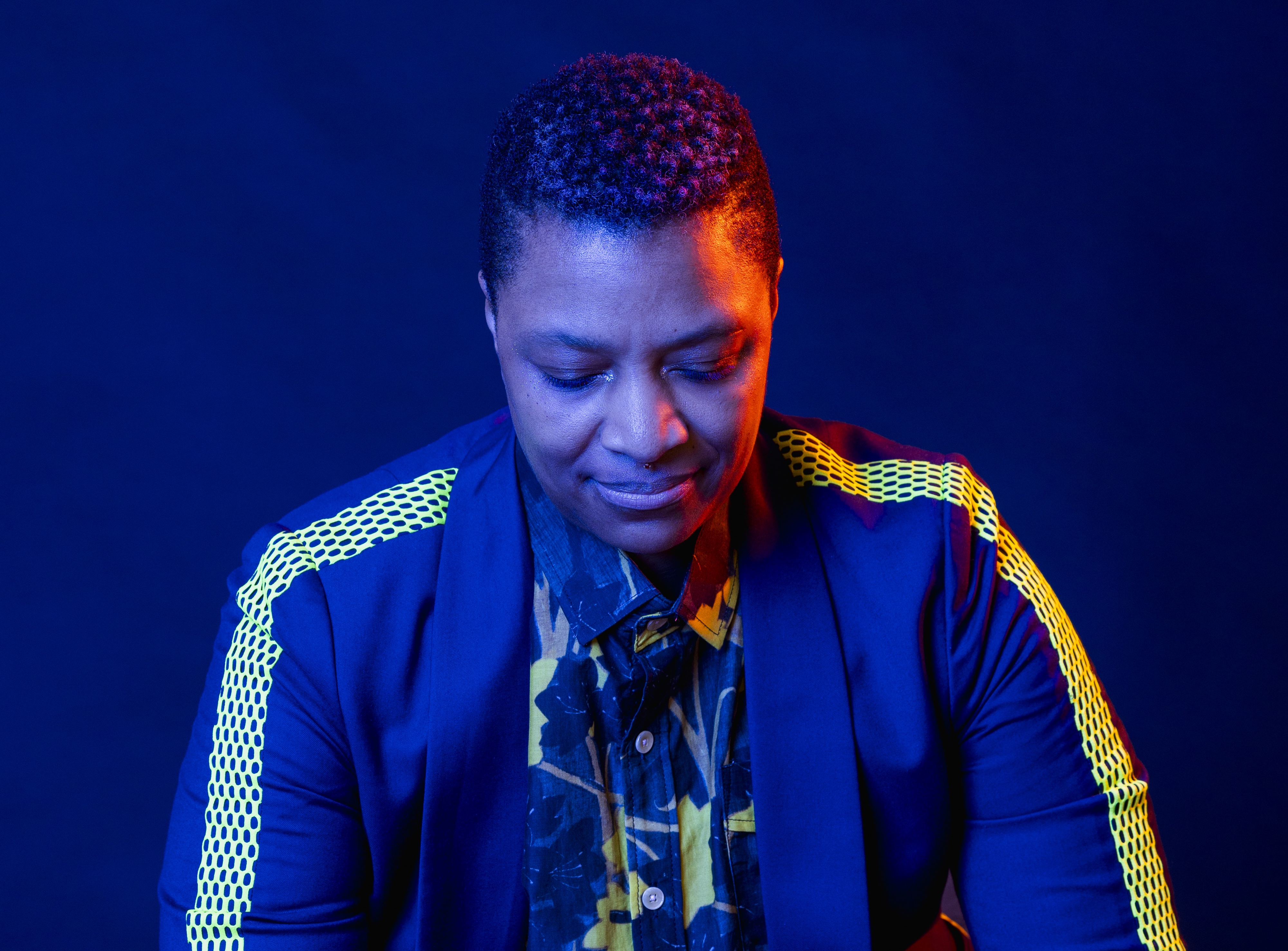














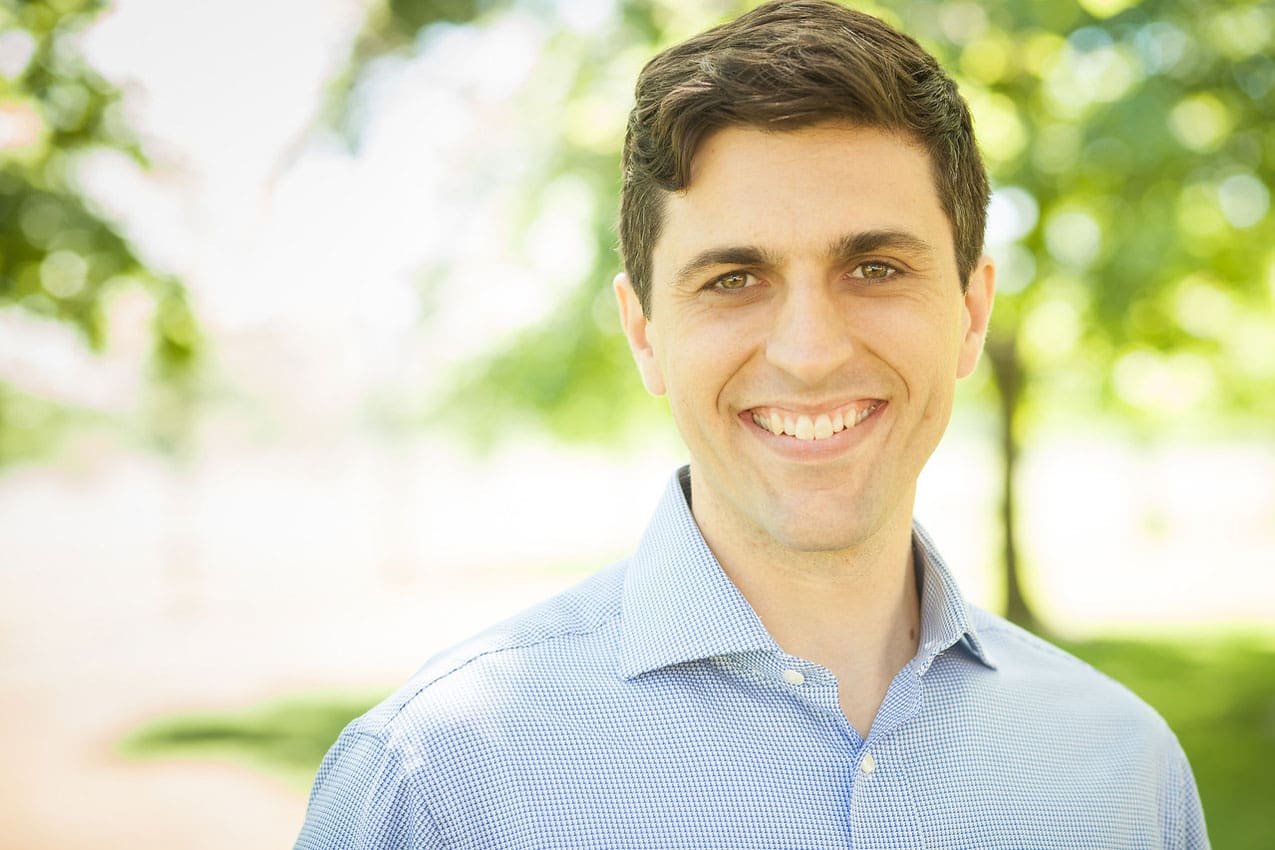



































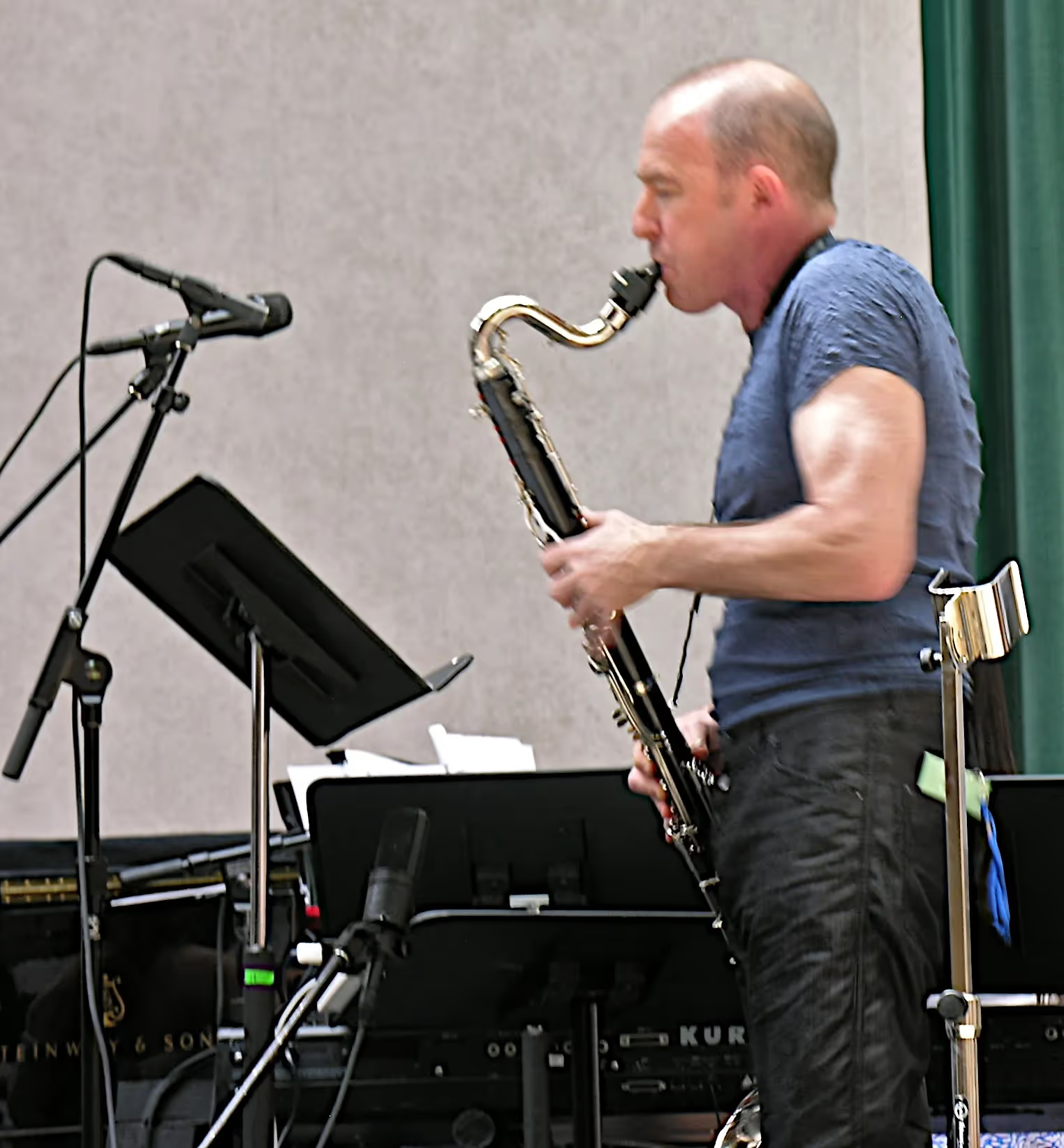
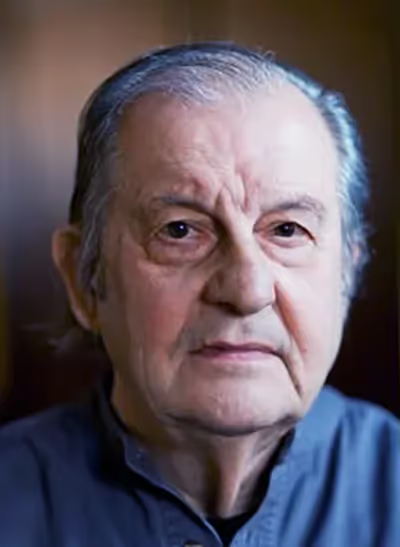

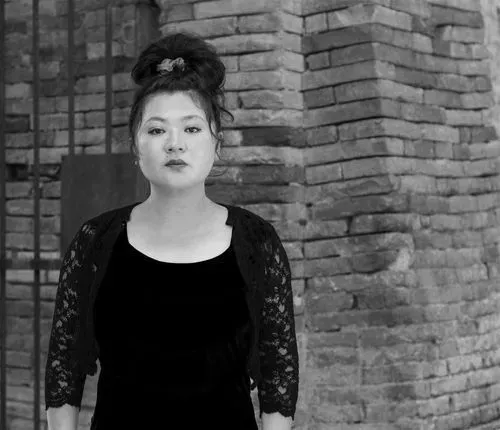
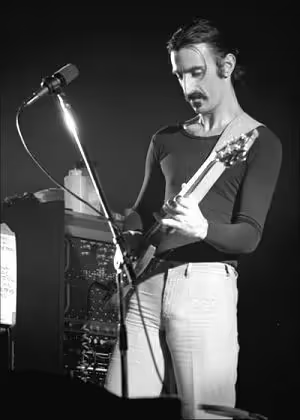
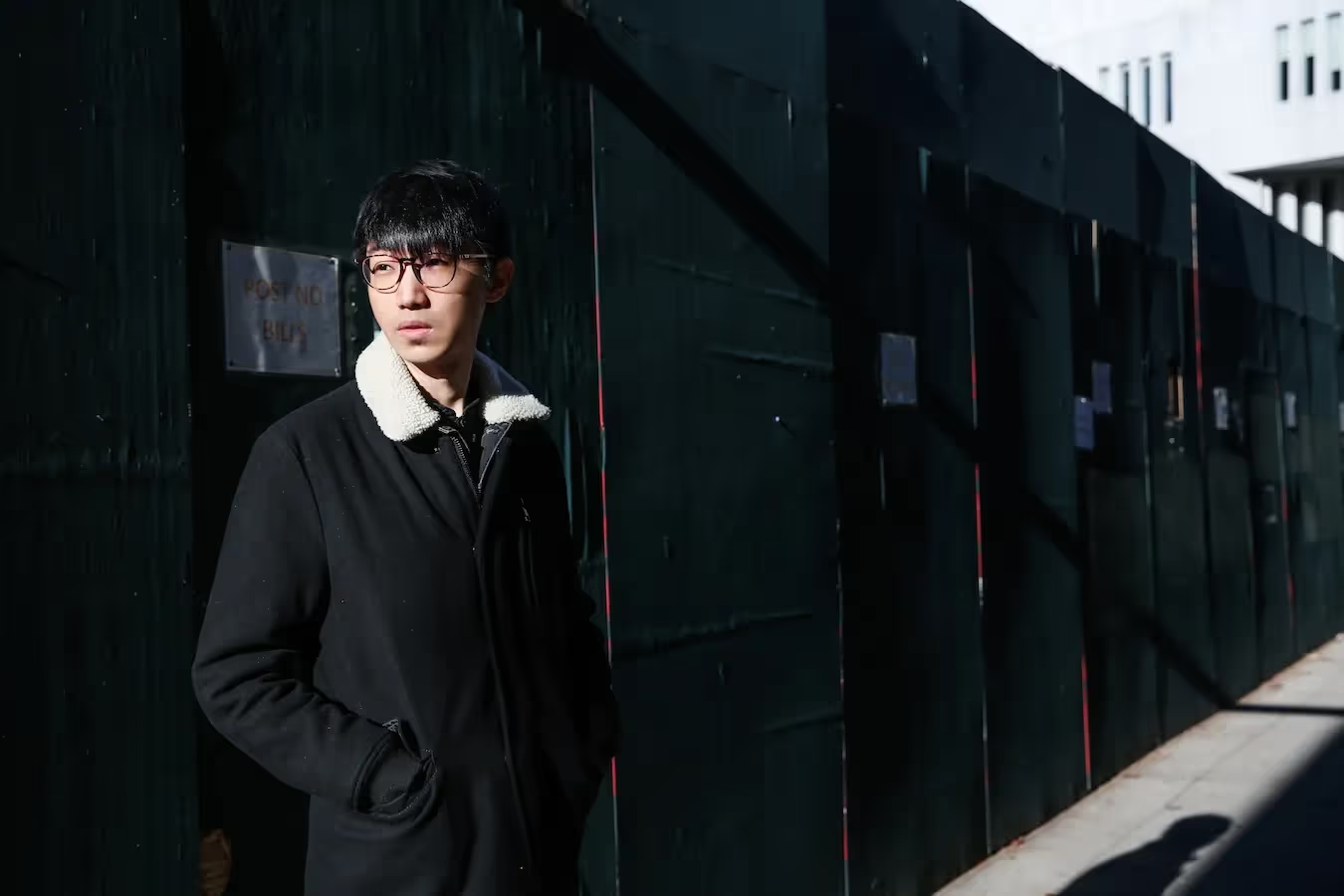




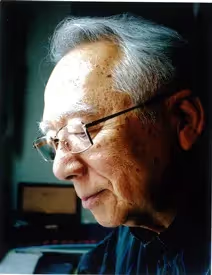

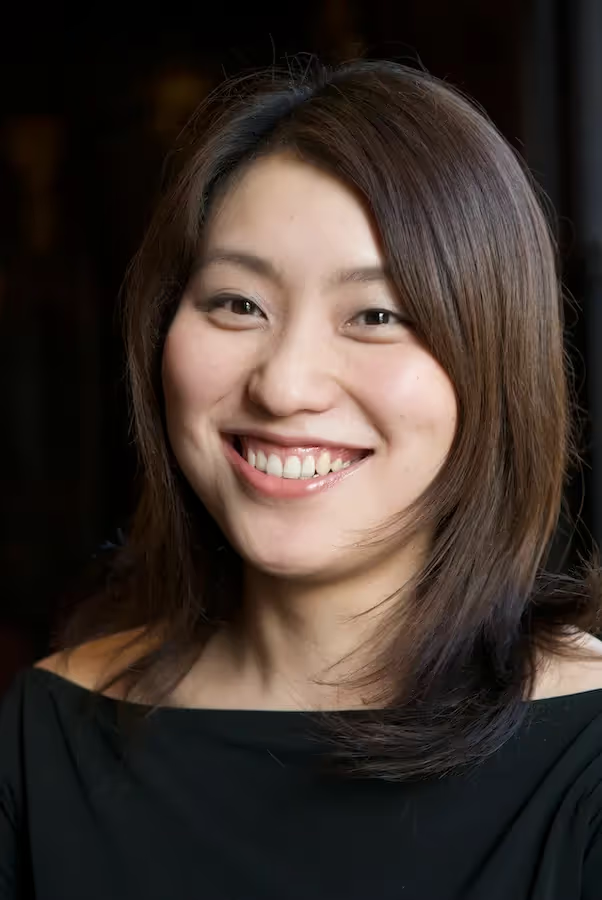

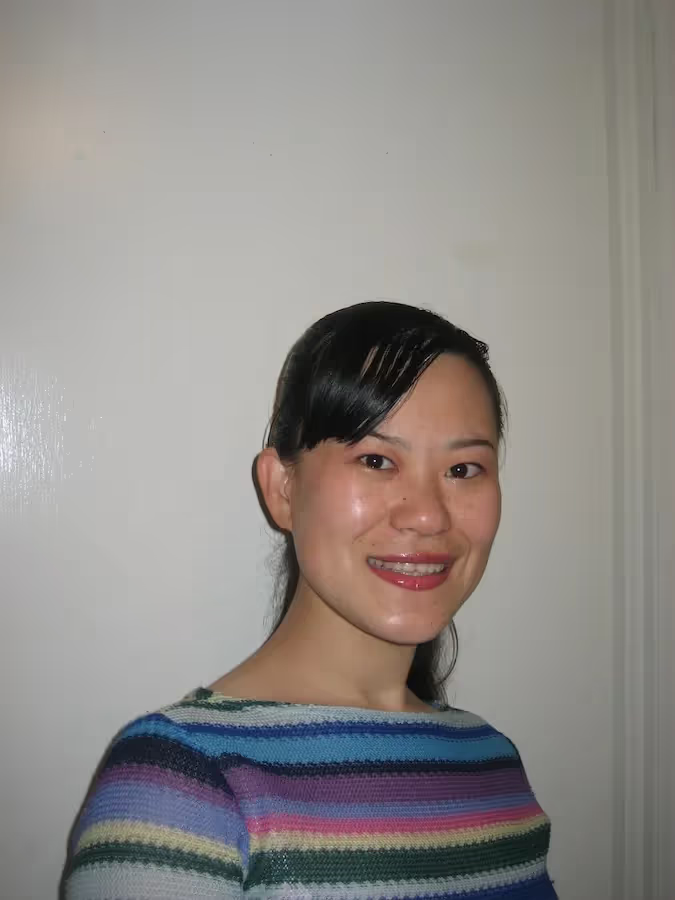
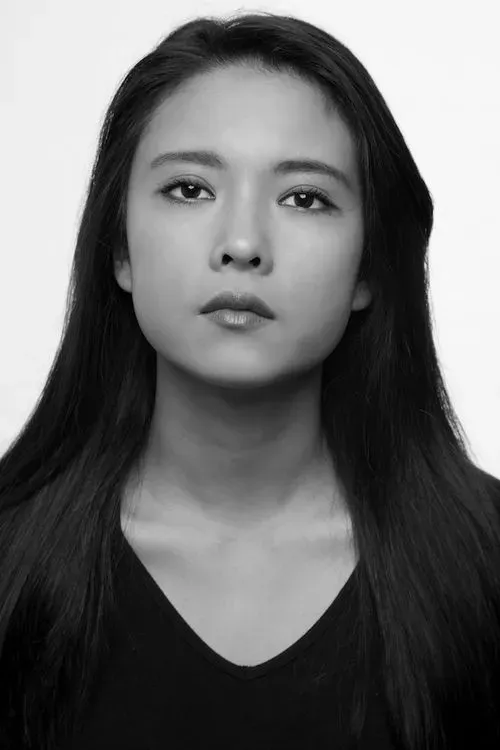
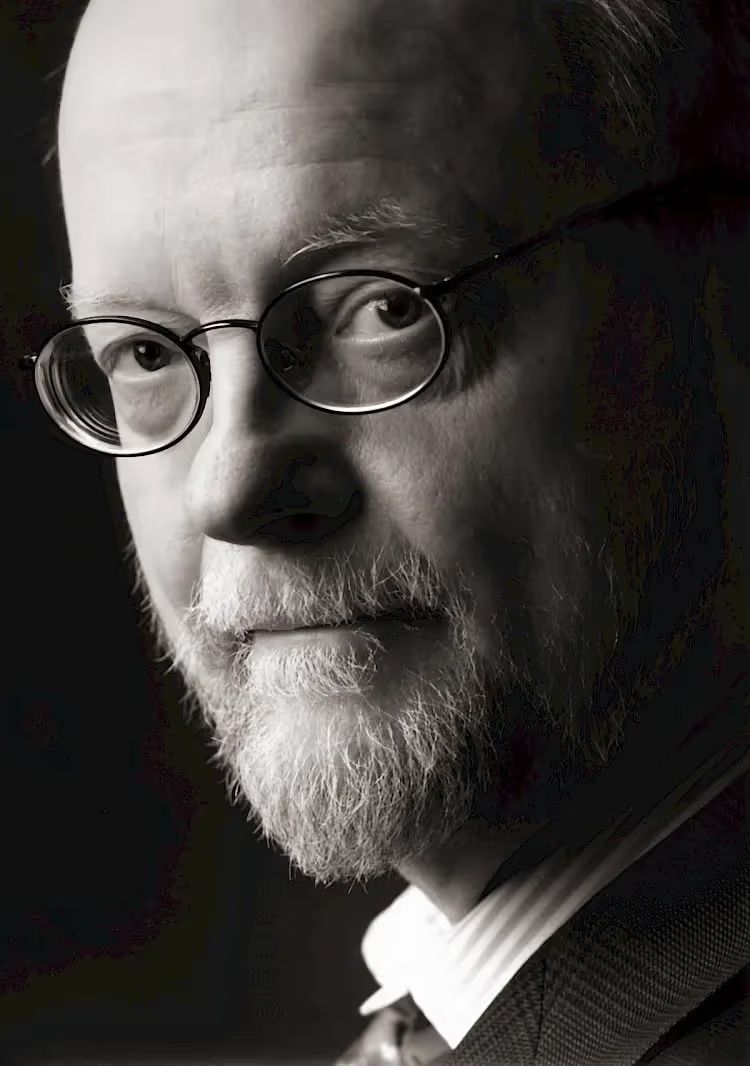
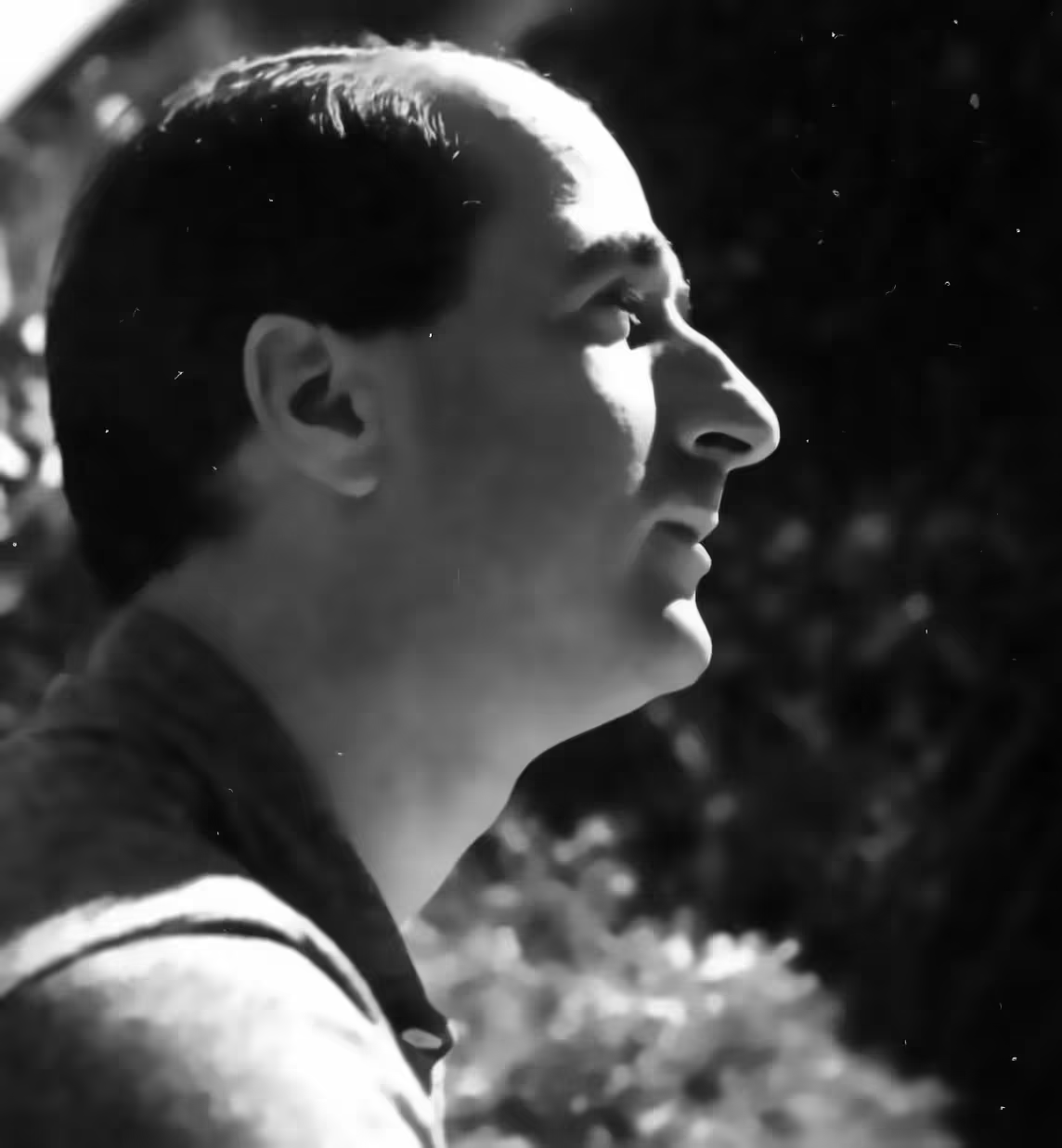
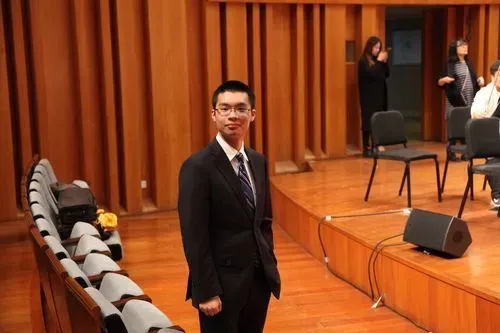
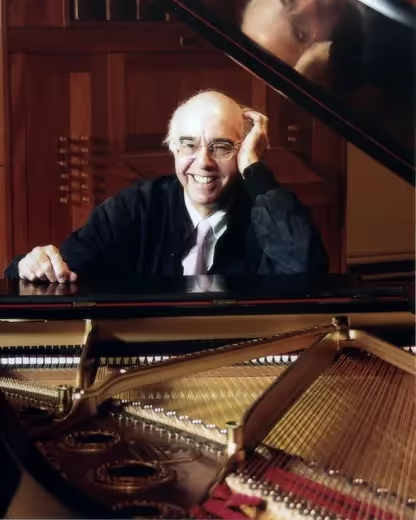


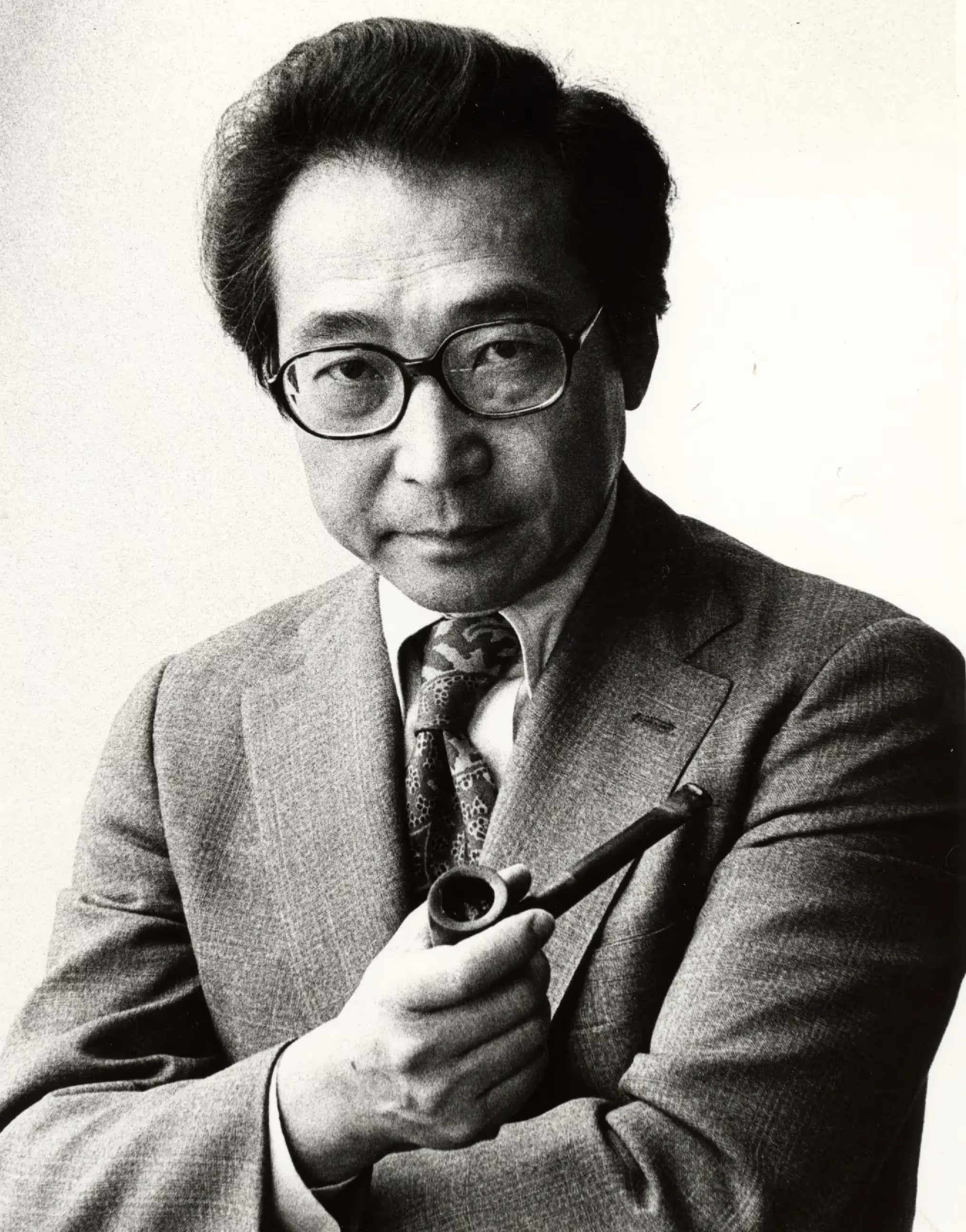

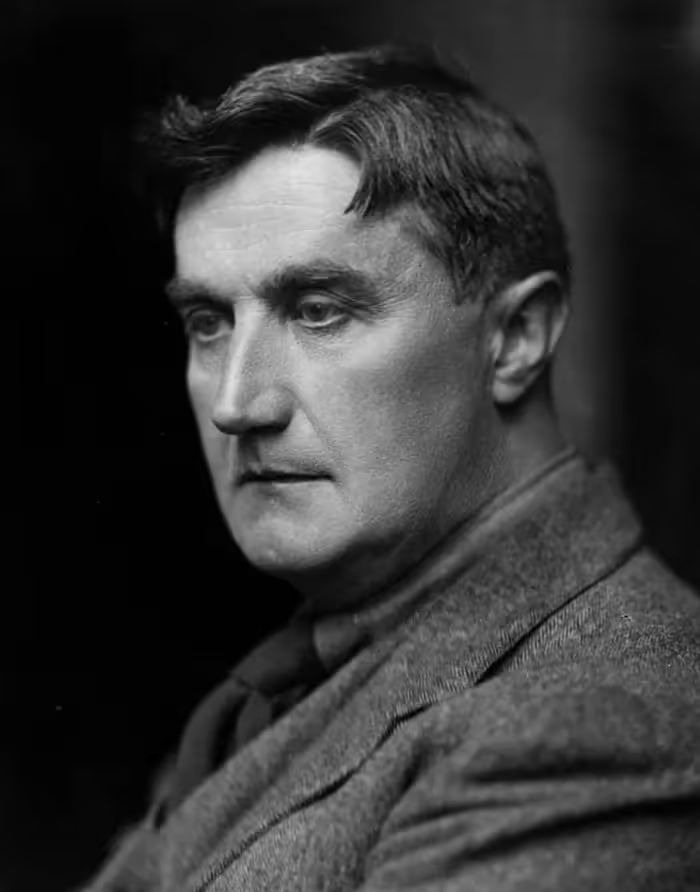
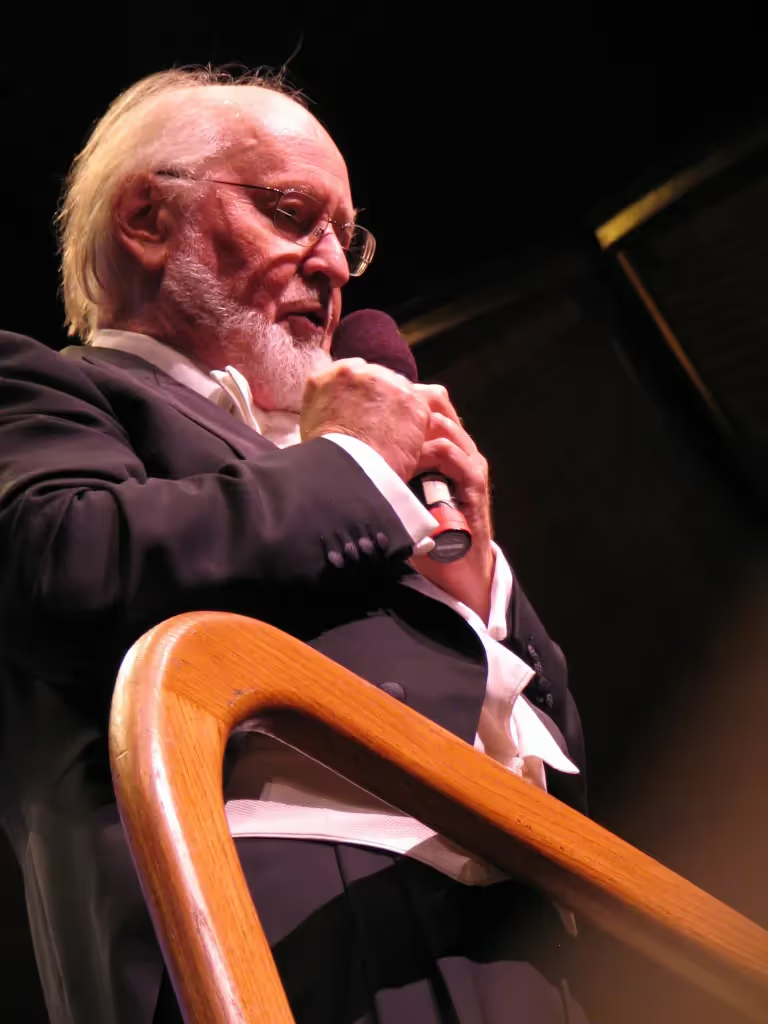
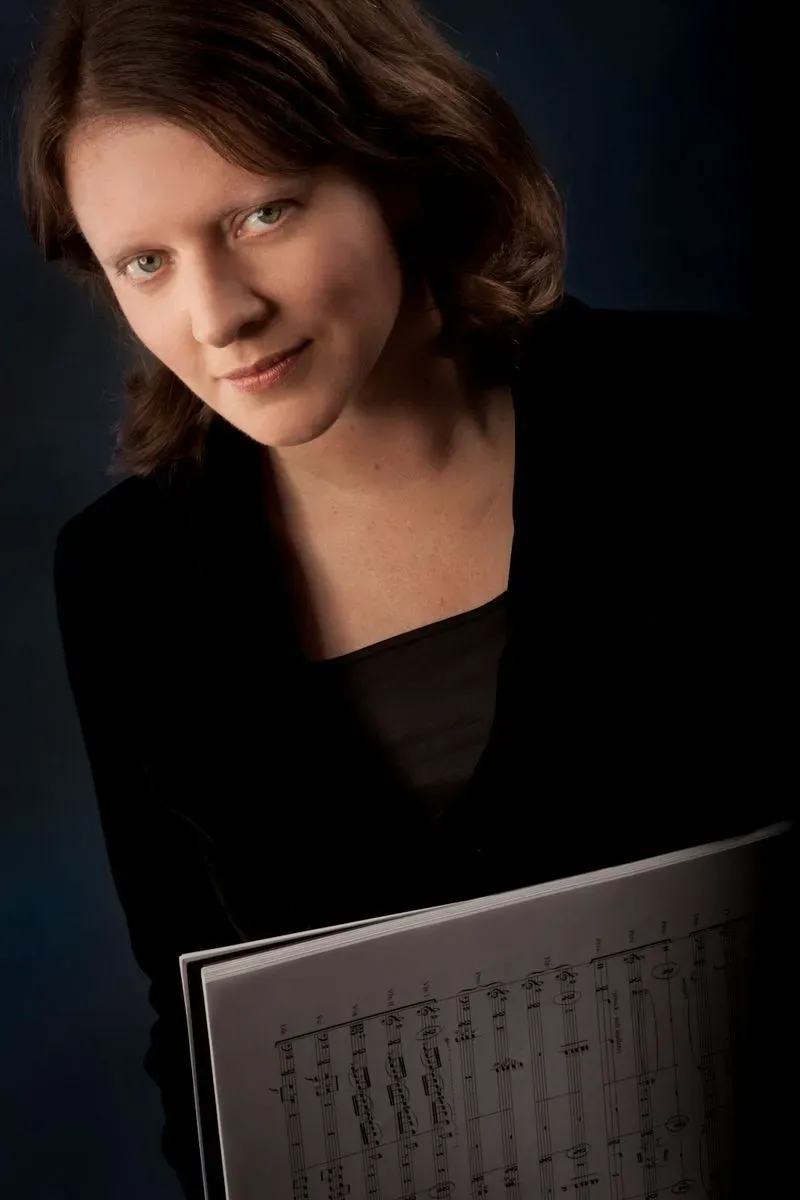
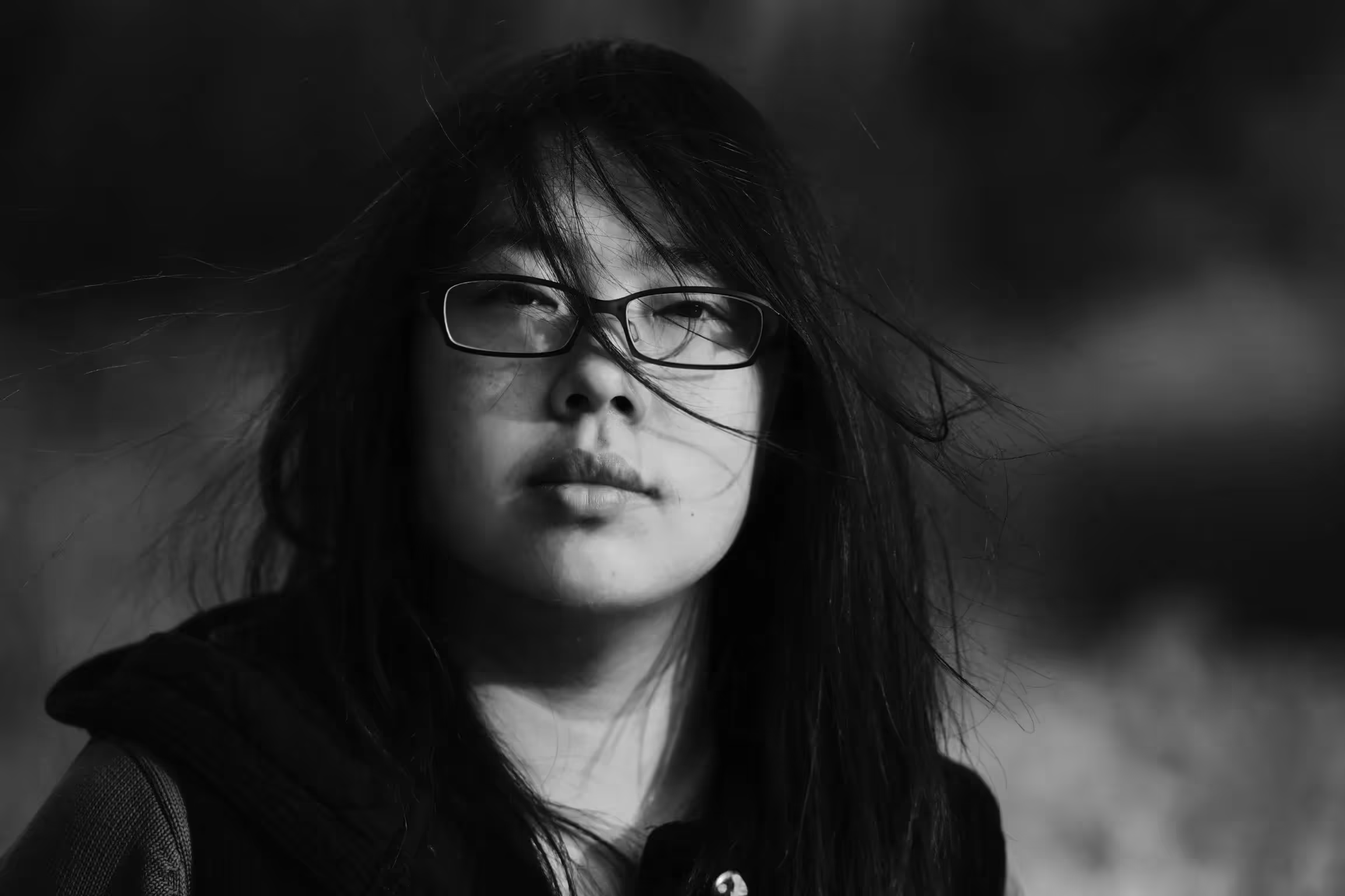
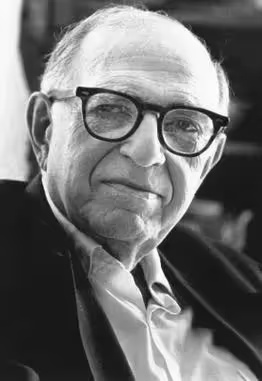
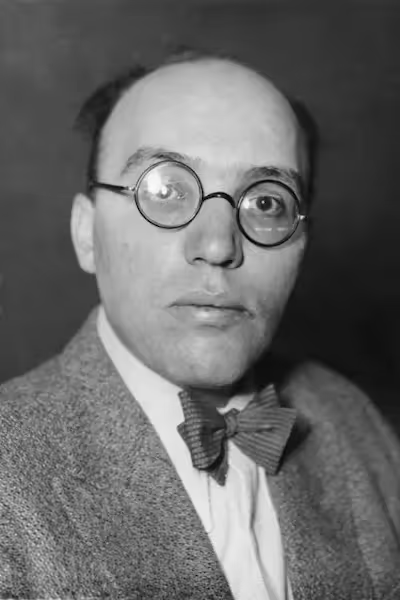
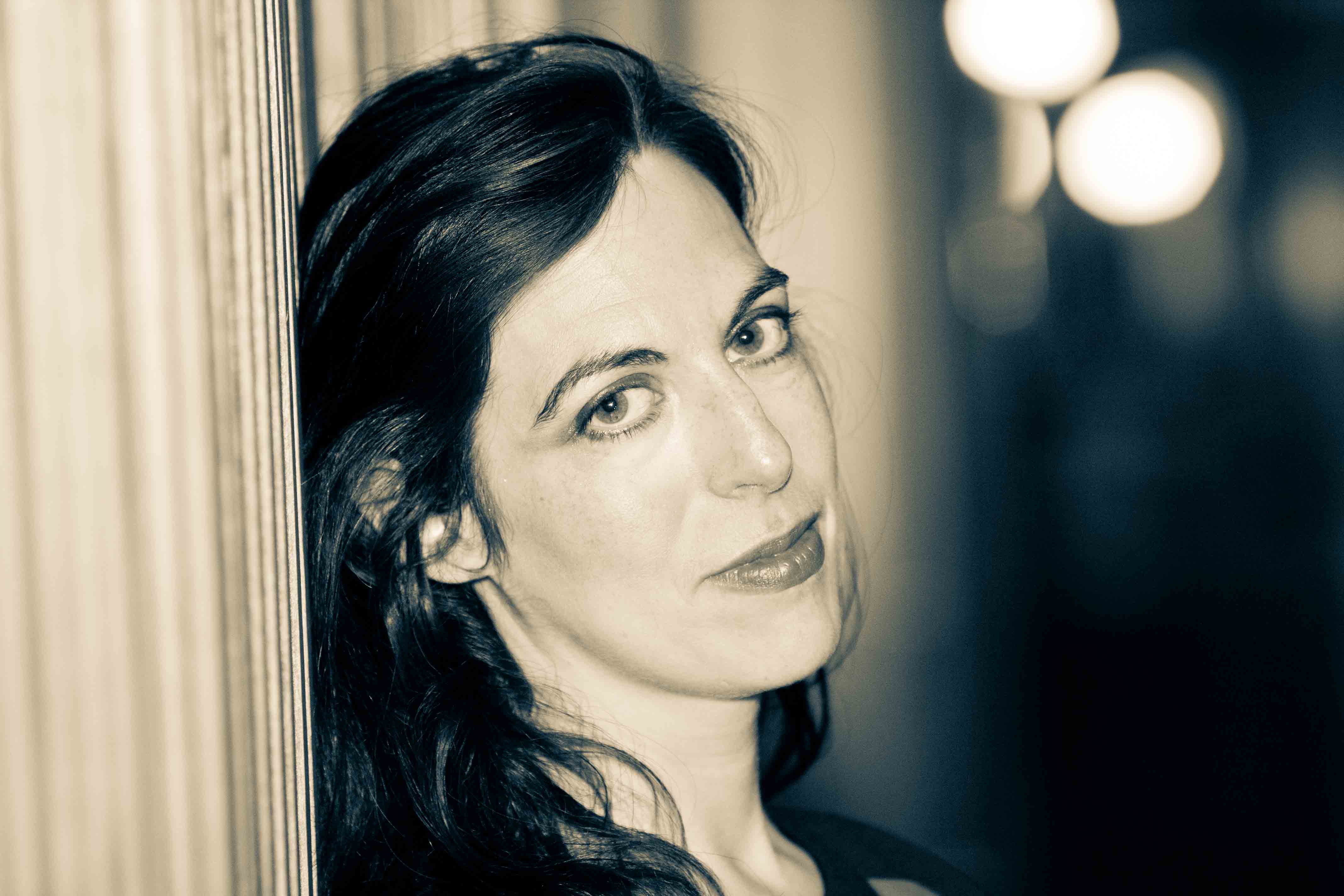
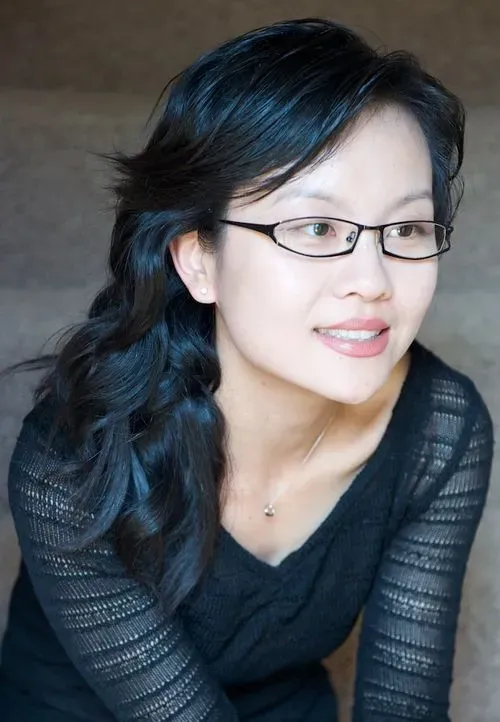
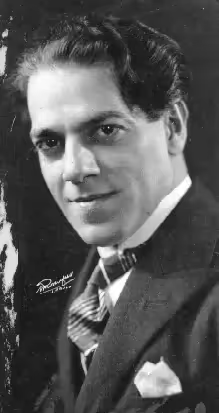
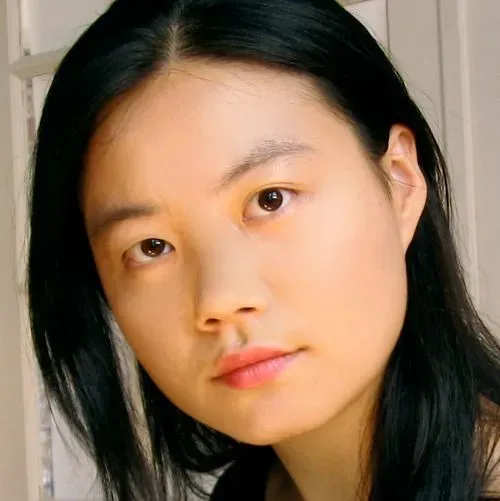



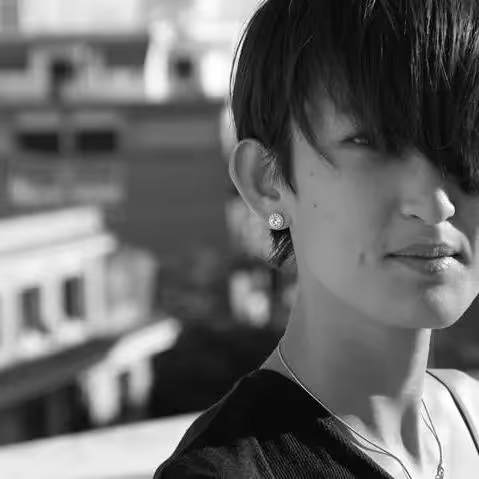
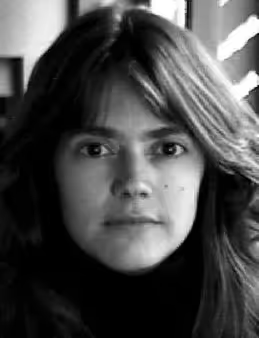

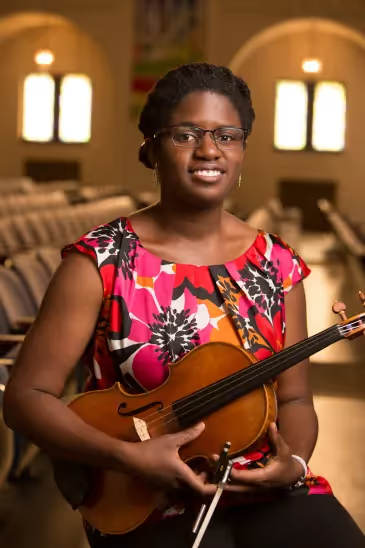
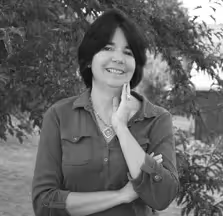
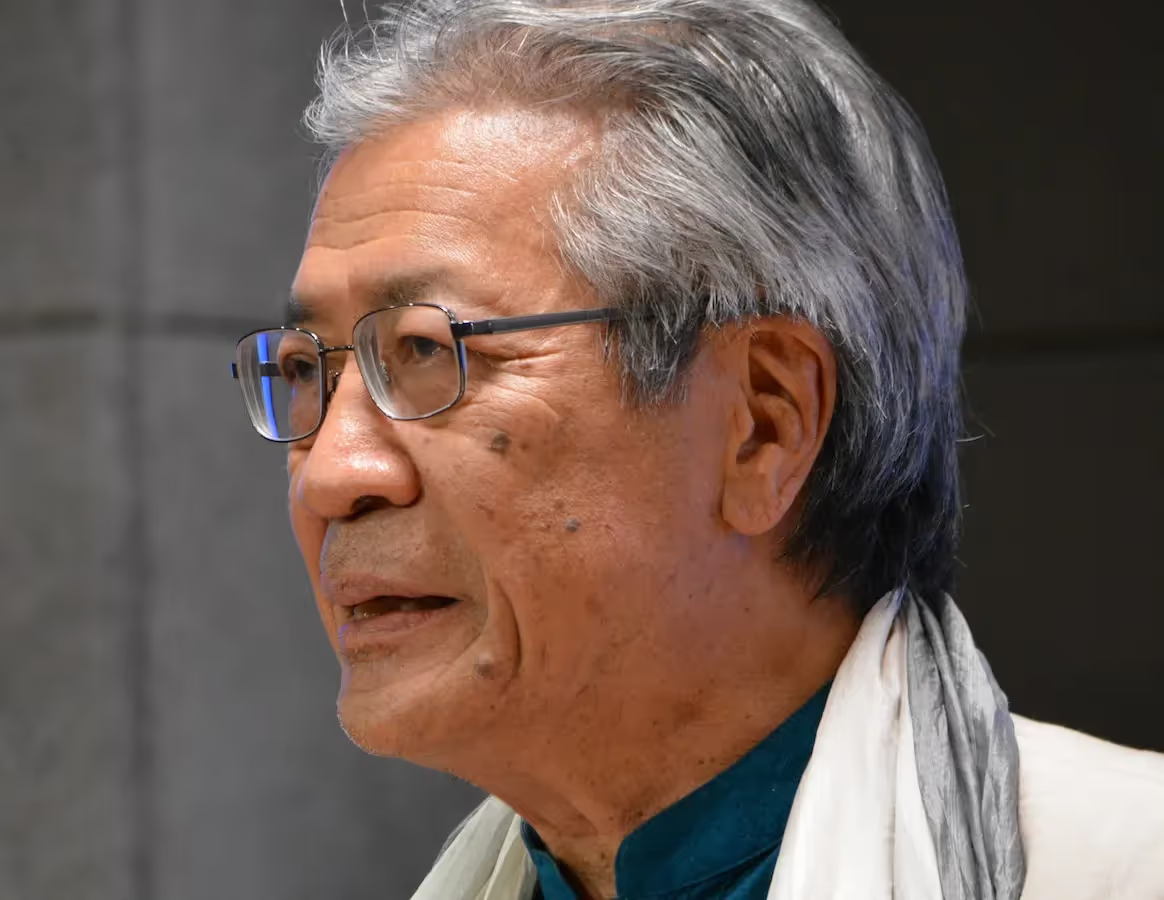
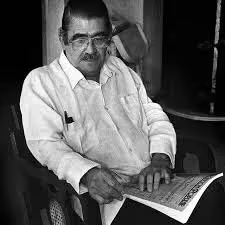


More information about this work please fill out the form below.
Thank you! Your submission has been received!
Oops! Something went wrong while submitting the form.
Dracula is a 20-minute setting of Alfred Corn's poem, "My Neighbor, the Distinguished Count" It is written for a soprano-narrator and thirteen players: flute (doubling on piccolo), clarinet (doubling on bass-clarinet), trumpet, horn, percussion (two players), theremin, piano (doubling on celesta) and a quintet of strings.
The text retells the famous gothic tale from the point of view of a woman living next-door to "the distinguished count" In five scenes, the poem chronicles her initial disinterest, gradual seduction, then degradation, rejection and, finally, "vampiristic" transformation.
The piece makes enormous demands upon the soprano soloist, who must speak even more than she sings and, when singing, must negotiate over three octaves — from the D below middle-C (when conjuring up the voice of the count) to the E-flat above high-C (when depicting the woman in extremis).
The instrumental ensemble is perhaps most notable for the inclusion of the theremin — the exotic, other-worldly-sounding electronic instrument that evoked "horror" and "mystery" in early Hollywood films. Most of the poem is written in the past tense " the woman is telling us what happened. When the narrative reaches the present and Dracula himself comes to her "for the last time," the theremin " with its whooshes and wails " announces itself, personifying the (excitingly) depraved count.
Singing, in Dracula, is reserved for special occasions, such as when the count himself speaks or when the woman is most overwrought. As well, at key moments throughout the setting, I repeat, like an incantation, certain texts of the menacing count ("I come to you, dearest, because you think / Of me. An irresistible summons") and of the ecstatic woman (How often I long to stay profoundly asleep / And never be conscious again.").
Midway through the musical discourse, there is a fugue (the count's "troop of haggard followers ... congregate") and a final aria of transformation wherein the soprano's high-flying voice and the wail of the theremin merge as one....
The piece touches many emotional levels. With the use of the theremin, copious amounts of wind-machine and roiling bass drum, "scary" is a primary reaction —; as is "funny." Nervous giggles and startled gasps would not be unwelcome here. Deeper down, the listener confronts the more ominous world of addiction, betrayal and obsession. And inevitably, there comes the ultimate degradation " a faustian bargain with a devilish price: devolution into the living dead.
- David (Count) Del Tredici, October 2007
The text retells the famous gothic tale from the point of view of a woman living next-door to "the distinguished count" In five scenes, the poem chronicles her initial disinterest, gradual seduction, then degradation, rejection and, finally, "vampiristic" transformation.
The piece makes enormous demands upon the soprano soloist, who must speak even more than she sings and, when singing, must negotiate over three octaves — from the D below middle-C (when conjuring up the voice of the count) to the E-flat above high-C (when depicting the woman in extremis).
The instrumental ensemble is perhaps most notable for the inclusion of the theremin — the exotic, other-worldly-sounding electronic instrument that evoked "horror" and "mystery" in early Hollywood films. Most of the poem is written in the past tense " the woman is telling us what happened. When the narrative reaches the present and Dracula himself comes to her "for the last time," the theremin " with its whooshes and wails " announces itself, personifying the (excitingly) depraved count.
Singing, in Dracula, is reserved for special occasions, such as when the count himself speaks or when the woman is most overwrought. As well, at key moments throughout the setting, I repeat, like an incantation, certain texts of the menacing count ("I come to you, dearest, because you think / Of me. An irresistible summons") and of the ecstatic woman (How often I long to stay profoundly asleep / And never be conscious again.").
Midway through the musical discourse, there is a fugue (the count's "troop of haggard followers ... congregate") and a final aria of transformation wherein the soprano's high-flying voice and the wail of the theremin merge as one....
The piece touches many emotional levels. With the use of the theremin, copious amounts of wind-machine and roiling bass drum, "scary" is a primary reaction —; as is "funny." Nervous giggles and startled gasps would not be unwelcome here. Deeper down, the listener confronts the more ominous world of addiction, betrayal and obsession. And inevitably, there comes the ultimate degradation " a faustian bargain with a devilish price: devolution into the living dead.
- David (Count) Del Tredici, October 2007
Recordings
No recordings found.
ACO PERFORMANCES
Orchestra Underground: Contempo-Scary Music (2016-2017)
Recording
Journey
Neither man nor money validate my worth
Water Sings Fire - Excerpt
The Winter that United Us
Song of the Flaming Phoenix: Symphonic Poem for Sheng and Orchestra by Fang Man
Words for Departure for choir and orchestra by Hilary Purrington
No Thing Lives to Itself by Robin Holcomb
Red Dirt | Silver Rain (excerpt)
Bolero/Bachata from Tumbao
"Tumbao" Movement 1 "Salsa"
Yvette Janine Jackson Interview with Garrett McQueen
Mark Adamo + Jeffrey Zeigler in conversation with Garrett McQueen
Weathering by George Lewis
Lisa Bielawa: Sanctuary, Violin Concerto. mvt 3
Lisa Bielawa, Sanctuary, Violin Concerto mvt 2
Lisa Bielawa, Sanctuary, Violin Concerto mvt 1
Prophecy in Reverse by Paula Matthusen
Invisible Portals by Dai Wei
Tuxedo: Vasco 'de' Gama (2020) by Hannah Kendall
Restless Oceans by Anna Clyne
Viet Cuong + Victor Caccese of Sandbox Percussion in conversation with Garrett McQueen
Hello, Tomorrow! - Yvette Janine Jackson
Interview with Guillermo Klein
Chrystal E. Williams & Felipe Hostins in Conversation with Loki Karuna
Rei Hotoda in Conversation with Curtis Stewart
Kaki King and D. J. Sparr in Conversation with Curtis Stewart
Kaki King /D J Sparr - The Divided Mind from Modern Yesterdays
Kaki King - Puzzle Me You from Modern Yesterdays
Kaki King - Can’t Touch This or That or You or My Face from Modern Yesterdays
Kaki King - God Child from Modern Yesterdays
Materia Prima by Carlos Bandera
Floodplain by Ellen Reid
Fate Now Conquers by Carlos Simon
Her Land, Expanded by Tonia Ko
Right Now - John Glover/Kelley Rourke
Lowak Shoppala' (Clans) by Jerod Tate
Jazz Symphony by George Antheil
Spirituals for String Orchestra: 10. Homage To Ravel (An Arrangement of “Balm in Gilead”) by Steven R. Gerber
Frailejón by Samuel Torres
Demografía acústica: % / Acoustic Demography: % by Sofía Scheps
Dirty Ice by Madeline Merwin
Kaleidoscope by Eunsung Kim
Statements- a journal entry by Malachi Brown
After the Freeze by Anuj Bhutani
Hommage à Khāleqī by Daniel Sabzgabaei
Mimi's Song by Amy Nam
Gia Đình by Oswald Huỳnh
Rencontres by Brittany J Green
I forgot to say good morning today by Henry Dorn
Feast of Particles by Younje Cho
Fetters by Yuqin Strucky Yi
Increment by Will Stackpole
Restrung by Tommy Dougherty
Ashes and Embers by Yuting Tan
Wraith Weight by Elijah Smith
Bolghar by Adeliia Faizullina
Persephone by Patrick Holcomb
Tomas Peire Serrate: Rauxa
Lowak Shoppala' (Clans) by Jerod Tate
Right Now by John Glover & Kelley Rourke
Fate Now Conquers by Carlos Simon
Carlos Simon in Conversation with Garrett McQueen


